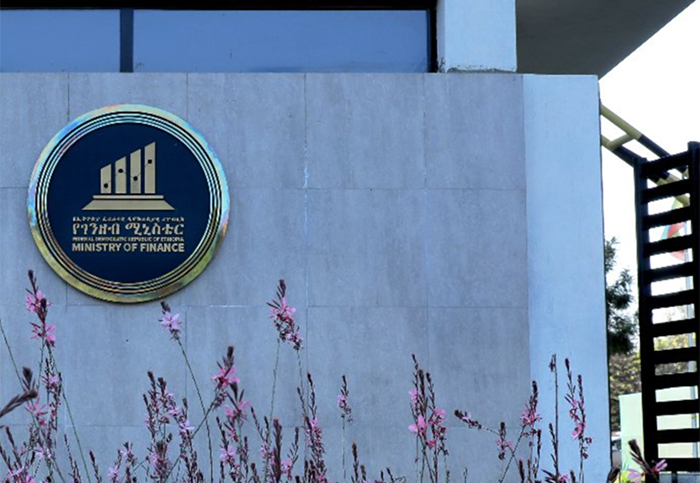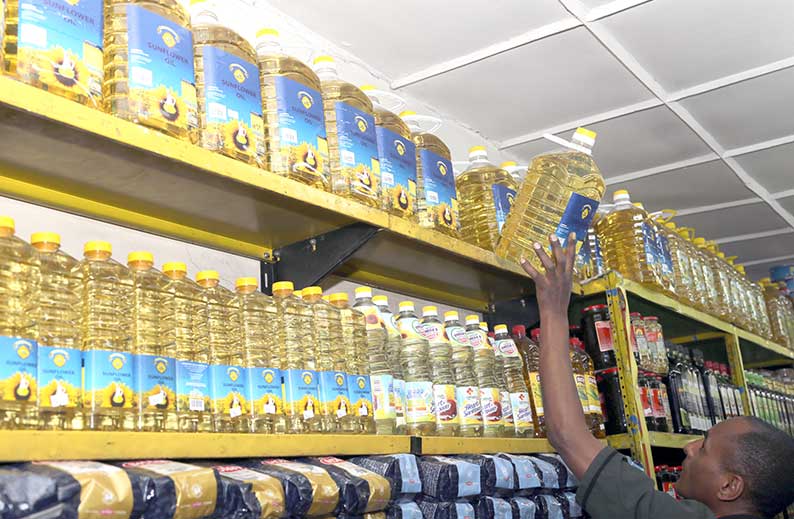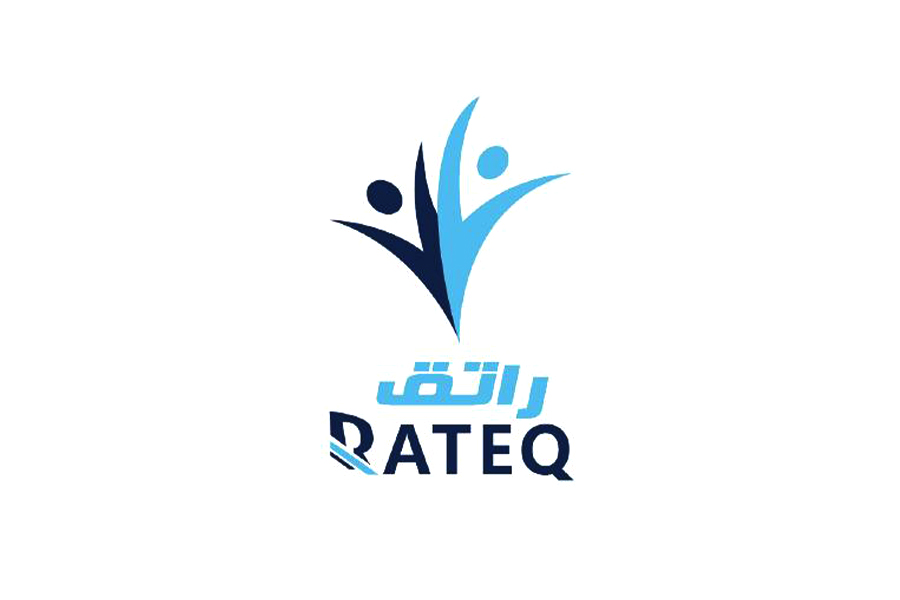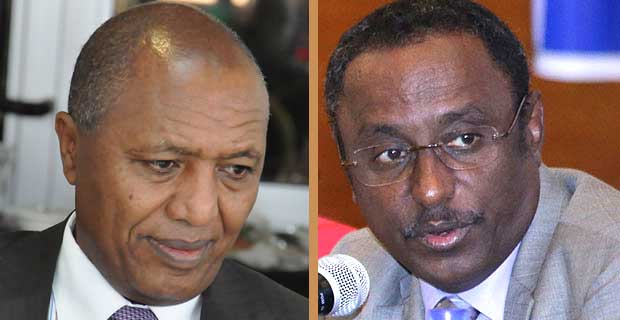
Fortune News | Aug 14,2021
Feb 26 , 2022
By HAWI DADHI
The federal government continues to rely heavily on domestic sources to finance a growing budget deficit, under pressure from decreasing disbursement in external loans. Over the first half of the year, outstanding debt secured through the sale of the central bank's treasury bills (T-bills) shot up 110pc to 253 billion Br.
Funds raised from T-bills have grown over five-fold after Prime Minister Abiy Ahmed's (PhD) administration adopted a policy measure to tie T-bill auctions to market forces in late 2019. The administration has since been using T-bills to substitute direct lending from the central bank to address its budget deficit, which had hit 123 billion Br by the end of the last financial year. Cepheus Capital, a private equity firm, projected the budget deficit to reach four percent of the GDP, the highest since 2005.
Many countries have economies operating under fiscal deficits. The longer these deficits sustain and the higher their share to the size of the national economy, they spell trouble. Budget deficits crowd out private borrowing, undermine net exports, abuse capital structures and interest rates, and lead governments to impose higher taxes, higher inflation or both. How policymakers choose to finance the deficit tells on their convictions and priorities.
Prime Minister Abiy's administration wants to raise the funds entirely from selling T-bills to pay for the 122 billion Br supplementary budget Parliament approved last month, according to Eyob Tekalign (PhD), a state minister for Finance. The additional financing represents a fifth of the 561 billion Br federal budget bill Parliament voted for last year.
Experts are not surprised about the growing reliance on T-bills. They expect the administration to continue financing the fiscal deficit through T-bills until it hits a peak. The main buyers of the T-bills are financial institutions and the federal pension agency.
“It's likely to continue until these are no longer liquid,” said a macroeconomist who has over 20 years of consulting experience and requested anonymity.
The authorities had eschewed direct borrowing from the central bank since 2018/19. The following year, loans from the central bank declined to 31 billion Br, less than a sixth of the amount recorded in the preceding year. However, the policy has remained inconsistent, with borrowing bouncing back to 83 billion Br last year. By the end of last December, it had hit 113 billion Br. Officials had counted on borrowing 68 billion Br to finance the budget deficit this year, but the trend reveals a net 162 billion Br has been borrowed thus far.
"This isn't a normal budget year," says the macroeconomist. "It’s difficult to follow through on the plan."
It has been a year of enormous stress to the economy. It is a war-footing economy, the Prime Minister admitted in his address to Parliament earlier last week. Close to 75pc of the supplementary budget is apportioned to cover defence expenditure. A large segment of the population in three regional states in the north have been out of production. Supply and logistics chains were disrupted. Drought has displaced millions in the south and eastern parts of the country. These all came in the aftermath of the pandemic and floods that have haunted the economy since 2019.
What follows is a rising cost of living with runaway inflation. Year-on-year headline inflation reached 35pc last December.
The expert cautions increased direct borrowing from the central bank to tame inflationary pressure will inevitably be inflationary as the country does not produce enough to meet the needs brought on by the creation of new money.
"That's where they need to rethink," he said.
Alisa Strobel, a senior economist for Sub-Saharan Africa at IHS Markit, also raises concerns about the rising domestic debt levels.
Ethiopia's characteristically high twin deficits do not bode well for the economy and suggest a further national debt spiral in the near term. Strobel observes the direct advances crowd out the private sector as the public borrowing reduces the pool of available funds invested in other businesses. The sale of government securities used to finance the deficit also directly impacts interest rates.
"Growing domestic debt can lead to inflationary pressure if the finances are not channelled towards productive sectors," she said.
The authorities argue they would focus on revenues mobilisation to offset the inflationary pressure. Finalising mega-projects has been chosen as a priority expenditure target, with the largest share of budget allocation steered towards the construction sector and urban development (14.9pc), followed by education (11.8pc). However, despite the plans, financing for several development projects has been restructured to cover recurrent expenditure, Eyob told Parliament last month.
The restructuring attempts to compensate for a drop in external loan disbursement.
Foreign loans clocked in at 138 million dollars in the first quarter (37pc lower than the same period last year), with close to 95pc of the funds disbursed to the government. Only 38pc of the 456 million dollars disbursed during the second quarter went to the government, while the balance was provided in non-government guaranteed loans to the Ethiopian Airlines Group. The loans to the national carrier, guaranteed by the Exim Bank of America, came from ING Capital, a commercial creditor headquartered in the Netherlands. The funds are to be used for the procurement of two aircraft.
Despite the falling external financing, the federal government managed to service 1.1 billion dollars of foreign debt over the first half of the year. Close to 495 million dollars went to service non-government guaranteed loans, while the remaining went to private and bilateral creditors such as the World Bank (77 million dollars) and China (242 million dollars).
The payments have lowered the country's external debt stock by a marginal nine percent to 28.9 billion dollars. But it has eroded its foreign currency reserve down to one billion dollars, only enough to cover imports of less than two months.
Officials at the Ministry of Finance remain bullish that external debt stock will continue to shrink despite the stemmed flow from creditors. They are serviced with no arrears, according to Yohannes Hailu, director of debt management at the Ministry.
External debt accounts for around 51.5pc of overall government debt, which stood at 56 billion dollars by the end of last December. Over the first two quarters, total external debt's share of the gross domestic product (GDP) dropped by one percentage point to 26pc.
“The external debt burden decreased because the government decided to stop commercial borrowing,” the Prime Minister told Parliament last week.
His administration has not taken loans from commercial creditors for three years.
Economists warn that if external concessional funding remains sluggish and Ethiopia loses access to market-based financing, the country's already high liquidity risks would surge further. This would lead to a potential default and spiral back to the risk of having no access to international credit in the future or foreign exchange earnings from privatisation efforts, according to Strobel.
"As a consequence, with tighter finances to support its budget, one would expect cutbacks in social spending that bodes ill for Ethiopia's already weak domestic demand," she said.
Experts foresee there is no easy way out of the predicament.
“It might be necessary to endure some inflation as well as cut back in government expenditure," said the macroeconomist.
PUBLISHED ON
Feb 26,2022 [ VOL
22 , NO
1139]

Fortune News | Aug 14,2021

My Opinion | Apr 13,2024

Radar | Oct 12,2024

Editorial | Sep 08,2024

Editorial | May 28,2022

Radar | Dec 16,2023

Fortune News | Nov 23,2019

Fortune News | Aug 16,2020

Advertorials | May 21,2024

Fortune News | Jan 11,2020

Dec 22 , 2024 . By TIZITA SHEWAFERAW
Charged with transforming colossal state-owned enterprises into modern and competitiv...

Aug 18 , 2024 . By AKSAH ITALO
Although predictable Yonas Zerihun's job in the ride-hailing service is not immune to...

Jul 28 , 2024 . By TIZITA SHEWAFERAW
Unhabitual, perhaps too many, Samuel Gebreyohannes, 38, used to occasionally enjoy a couple of beers at breakfast. However, he recently swit...

Jul 13 , 2024 . By AKSAH ITALO
Investors who rely on tractors, trucks, and field vehicles for commuting, transporting commodities, and f...

Jul 5 , 2025
Six years ago, Ethiopia was the darling of international liberal commentators. A year...

Jun 28 , 2025
Meseret Damtie, the assertive auditor general, has never been shy about naming names...

Jun 21 , 2025
A well-worn adage says, “Budget is not destiny, but it is direction.” Examining t...

Jun 14 , 2025
Yet again, the Horn of Africa is bracing for trouble. A region already frayed by wars...